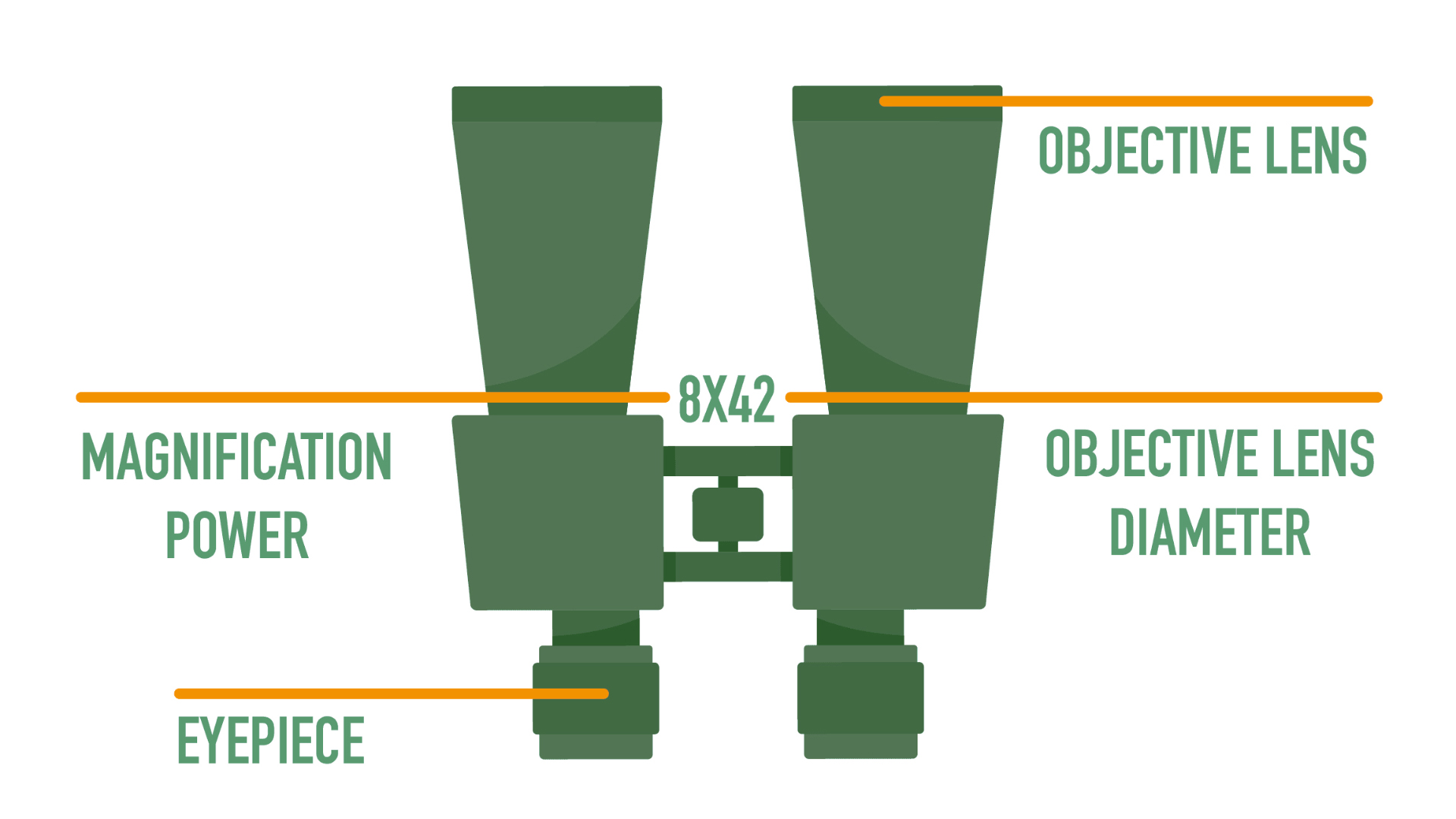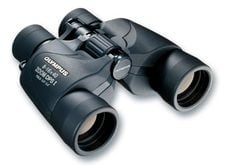Understanding the Innovation Behind Modern Binoculars for Sharp Sights
Understanding the Innovation Behind Modern Binoculars for Sharp Sights
Blog Article
The Importance of Field Glasses in Education And Learning and Scientific Research Study: How These Optical Instruments Add To Discovering and Expedition
The assimilation of field glasses right into academic settings and scientific study is usually neglected, yet their contribution to improving empirical skills is considerable. These instruments connect the void in between academic concepts and functional application, allowing students and scientists alike to engage with their settings in a substantial manner. In techniques varying from environmental science to astronomy, field glasses offer as essential devices that promote query and critical reasoning. However, the broader ramifications of these optical tools on finding out end results and clinical expedition warrant better examination, especially as we consider their prospective in shaping future clinical undertakings.
Enhancing Observational Skills
In educational and research settings, using binoculars substantially enhances observational skills among trainees and specialists alike. These optical instruments promote a much deeper understanding of distant topics, allowing individuals to observe details that would or else stay unseen. By employing binoculars, students can take a look at wildlife, astronomical phenomena, and geological developments, fostering a more extensive connection to the subject matter.
Binoculars work as essential devices in area studies, urging students to involve actively with their setting. Through improved observation, they can collect data a lot more efficiently, leading to improved analytical abilities. This hands-on experience allows for the advancement of vital thinking, as trainees must interpret what they see and connect it to academic expertise.

Bridging Concept and Technique
Empirical skills established through using field glasses naturally bring about a much more extensive integration of theoretical knowledge with useful application. By taking part in direct monitoring, learners can transform abstract concepts right into substantial experiences. This harmony fosters a deeper understanding of scientific principles as students link academic frameworks with real-world phenomena.
For example, when studying bird biology, students can apply their understanding of bird anatomy and actions through the lens of binoculars, observing traits such as plumage variant, feeding behaviors, and migratory patterns. This direct interaction not only enhances theoretical ideas however additionally grows crucial thinking and analytical skills.
In addition, the usage of field glasses urges students to formulate hypotheses based upon their monitorings, thereby enhancing their scientific query skills. They can actively check these hypotheses in the field, causing a more experiential discovering setting that promotes curiosity and expedition.
Fundamentally, field glasses offer as an important device in bridging the gap between class learning and fieldwork - Binoculars. They equip trainees to come to be energetic participants in their education, motivating a holistic technique to comprehending the all-natural globe and its complexities. Hence, the assimilation of theory and practice is important for fostering informed and involved learners
Applications in Environmental Scientific Research
Using field glasses in ecological scientific research improves the capacity to observe and evaluate ecological communities with greater precision. These optical tools are vital for performing field researches, making it possible for scientists to keep track of wildlife populations, assess plant wellness, and evaluate habitat problems without interrupting the natural surroundings. Field glasses assist in the identification of varieties at numerous ranges, enabling researchers to gather critical information on biodiversity and behavior.
In ecological research study, field glasses are indispensable tools for ornithologists examining bird behavior and movement patterns. They make it possible for researchers to tape-record observations over extended periods, contributing to beneficial longitudinal studies - Binoculars. In addition, binoculars play a vital role in habitat evaluations, as they permit the in-depth observation of plant communities and their interactions within ecological communities
Ecological educators likewise take advantage of field glasses, as these instruments boost experiential knowing chances. Students can engage straight with their surroundings, fostering a much deeper gratitude for environmental systems. By integrating binoculars right into curricula, instructors can inspire the next generation of environmental researchers.
Duty in Astronomy Education
Using field glasses in astronomy education and learning provides an accessible entrance for pupils and enthusiasts to discover celestial sensations (Binoculars). Unlike huge telescopes, binoculars are mobile, user-friendly, and reasonably inexpensive, making them an ideal initial tool for observing the night sky. Students can conveniently involve with the cosmos, cultivating a hands-on knowing experience that enhances their understanding of astronomical concepts
Binoculars permit customers to observe a selection of holy things, including the Moon, earths, and galaxy. This company website ease of access motivates exploration and monitoring, vital components of clinical query. Students can develop essential skills such as data collection, monitoring methods, and even standard astrometry. Notably, field glasses work as a bridge to much more intricate expensive instruments, supplying fundamental experiences that can stimulate much deeper passion in the area.
In educational setups, assisted binocular sessions can promote team collaboration and discussion, improving the finding out experience. The shared experience of observing heavenly bodies can grow a sense of community among students. Overall, binoculars play a critical function in demystifying astronomy, making it approachable and appealing for people whatsoever degrees of education.

Inspiring Interest and Questions
Field glasses not just assist in the monitoring of holy phenomena but likewise ignite a sense of curiosity and query amongst pupils. By supplying a better take a look at remote objects, binoculars motivate students to ask questions and explore the environment around them. This device transforms passive knowing right into an active, interesting experience, fostering a deeper understanding of scientific principles.
When trainees use binoculars to observe wild animals, landscapes, or expensive things, they develop empirical skills that are crucial for scientific query. The act of concentrating on specific details prompts them to formulate hypotheses, carry out examinations, and click for source draw conclusions based on their observations. This process not only enhances their crucial believing capacities however additionally nurtures a lifelong enthusiasm for exploration.
Moreover, binoculars can connect the void in between theoretical expertise and real-world application. As trainees observe phenomena firsthand, they can attach class discovering to functional experiences, making education extra pertinent and purposeful. Inevitably, the usage of field glasses in instructional settings functions as a driver for curiosity, empowering trainees to go after understanding with excitement and fostering a sense of marvel regarding the world around them. In this way, field glasses play a vital function in inspiring future generations of scientists and thinkers.
Conclusion
In recap, binoculars offer as essential devices in education and learning and article clinical study, substantially enhancing observational skills while connecting the void between theoretical expertise and sensible application. Their diverse applications in areas such as environmental science and astronomy highlight their value in fostering inquisitiveness and inquiry amongst students. By assisting in comprehensive evaluations of remote topics, binoculars not only motivate the future generation of scientists yet also grow a profound recognition for exploration and the scientific method.
Report this page